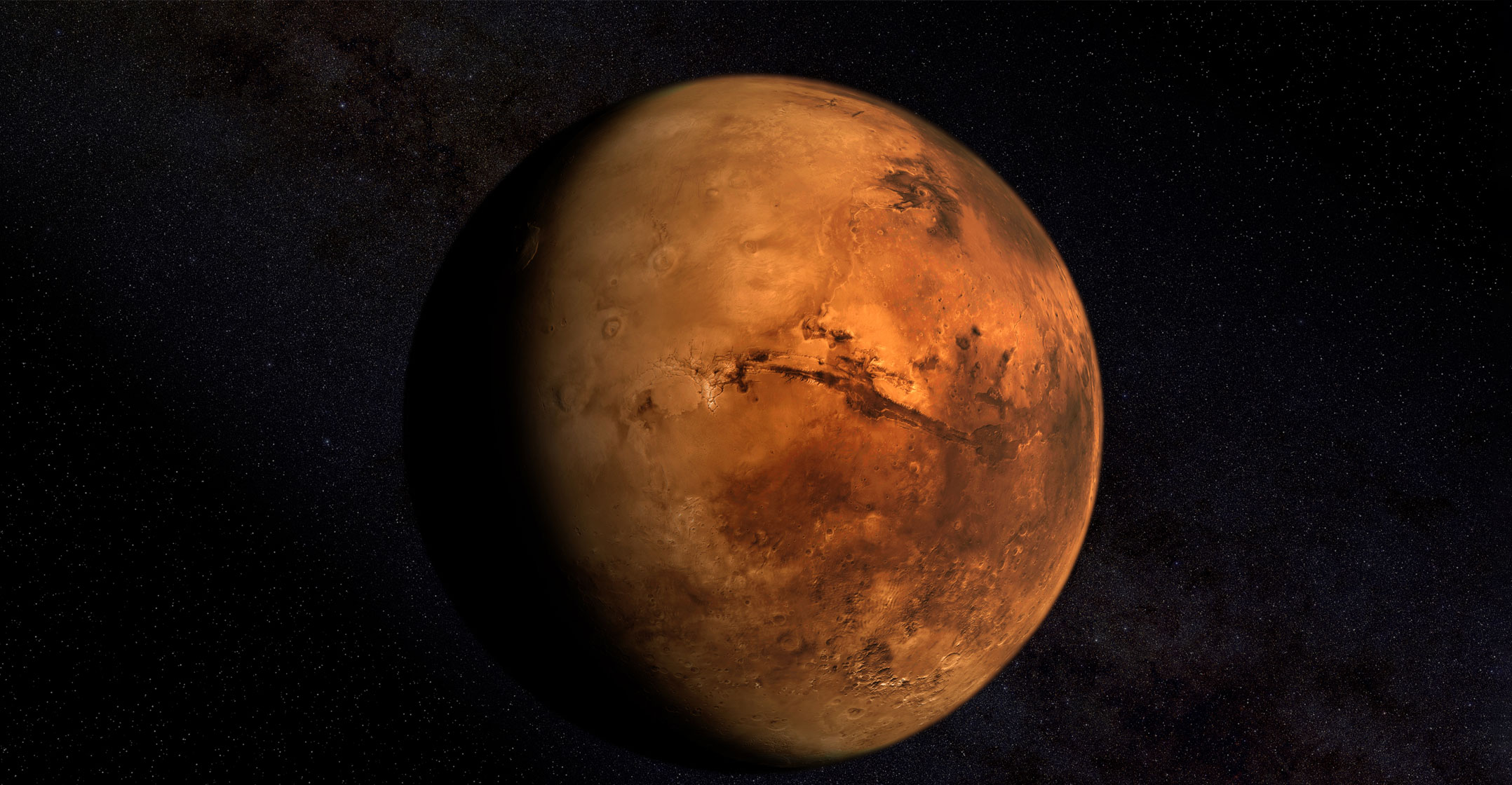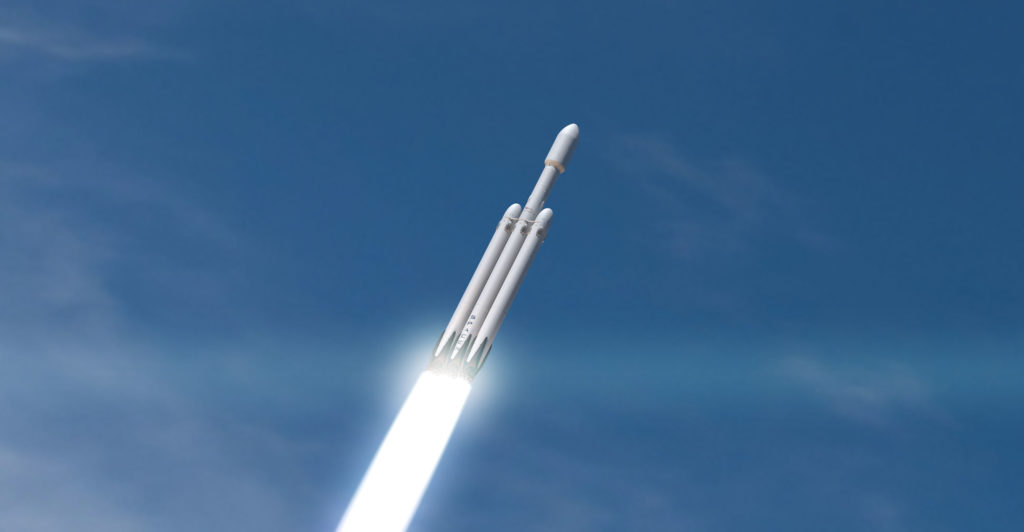 China embarked on its most ambitious space mission yet, launching a probe to Mars on Thursday that ramps up the nation’s challenge to Nasa’s dominance in space.
China embarked on its most ambitious space mission yet, launching a probe to Mars on Thursday that ramps up the nation’s challenge to Nasa’s dominance in space.
A Chinese-made rocket took off from Hainan Island carrying the Tianwen-1 probe, the People’s Daily said on its Twitter account, on the initial leg of its seven-month journey to Earth’s neighbour, travelling about 5km/s as the programme tries to make China a space superpower. Last year, it became the first nation to land a probe on the far side of the moon.
“Before 2030, China will land on Mars, take samples on Mars, and return, which has never been realised by human beings before,” said Ouyang Ziyuan, a Chinese Academy of Sciences academician and first chief scientist of China’s lunar probe project, according to the People’s Daily.
“China has the ability to fly further and we will continue our exploration,” Ouyang said.
Thursday’s liftoff of the Long March-5 Y4 marks the second of three international missions to Mars scheduled for this month. On 20 July, the United Arab Emirates launched the Hope Probe orbiter from a Japanese island. On 30 July, Nasa plans to send the Perseverance rover on its way to the Jezero Crater, near the shoreline of a Martian lake that disappeared billions of years ago.
Mars is a destination now because its orbit is closer to Earth, a phenomenon that happens only once every 26 months.
At a time when China is trying to commercialise space by building its own satellite navigation network, the Tianwen-1 mission is a throwback to the Cold War-era competition between the US and USSR for bragging rights, said Blaine Curcio, founder of Orbital Gateway Consulting in Hong Kong.
‘Prestige’
“The Mars mission is probably more similar to the 1960s space race,” he said. “It is more on the prestige side than strategic importance side.”
To be sure, Nasa began Mars exploration more than 50 years ago. The Chinese “are largely checking off a lot of the boxes that the US did in previous decades”, said Brian Weeden, director of programme planning at the Secure World Foundation, a space policy institute in Washington.
Not all of this year’s planned trips are proceeding. The European Space Agency and Russia’s State Space Corp Roscosmos in March postponed their joint mission to 2022.
In a statement, the agencies cited technical and coronavirus challenges. The pandemic “left our experts practically no possibility to proceed with travels to partner industries”, said Roscosmos director-general Dmitry Rogozin. — Reported by Bruce Einhorn, (c) 2020 Bloomberg LP




